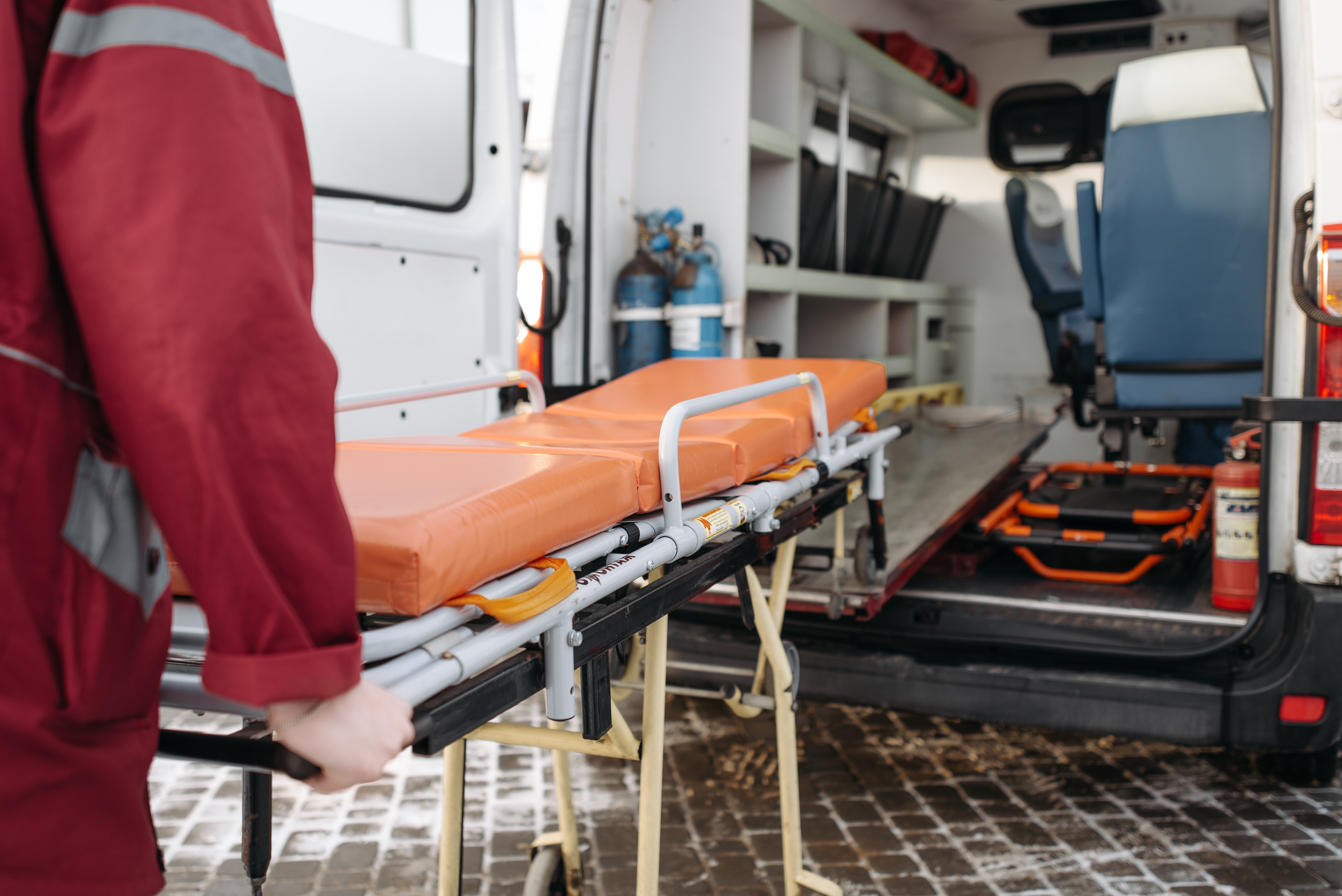Lifesaving Skills Every First Responder Should Know

First responders play a crucial role in handling emergencies and saving lives. As a first responder, mastering lifesaving skills is essential to be effective in various critical situations. In this blog post, we will explore some of the most important skills that every first responder should develop and refine. So let’s dive in!
First Aid
First responders should have a solid foundation in first aid principles and basic wound care. This includes recognizing and treating various types of injuries, such as cuts, burns, and fractures, as well as understanding the appropriate use of dressings, bandages, and other first aid supplies. Being well-versed in first aid can help first responders provide essential initial care and stabilize patients.
Bleeding is one of the most common causes of preventable deaths in emergencies. As a first responder, knowing how to stop and control bleeding is vital. Techniques such as using pressure points, applying direct pressure, and securing a tourniquet are essential skills that need to be mastered.
Fire and Hazardous Materials
Fire-related emergencies can escalate rapidly, so first responders must be trained in fire watch and fire safety awareness. This includes understanding fire behavior, preventing fire spread, using fire extinguishers, and coordinating with firefighting teams. With proper training and awareness, first responders can act quickly to mitigate fire threats and save lives.
In emergency situations that involve hazardous materials, it’s critical for first responders to recognize potential dangers and know how to protect themselves and others. This may include identifying and understanding warning signs and labels, managing chemical exposures, and practicing appropriate decontamination procedures. Such knowledge helps ensure the safety of the first responder and those they are assisting.
CPR and Heimlich
Cardiopulmonary resuscitation (CPR) is a vital lifesaving skill that every first responder should be proficient in. When responding to a cardiac arrest or unconscious victim, effectively performing CPR can be the difference between life and death. Regular practice and staying updated with current CPR guidelines are essential.
Choking is a common life-threatening emergency, and knowing how to perform the Heimlich maneuver is essential for first responders. A quick and appropriate response to a choking incident can save a life, so becoming well-versed in this technique is crucial.
Advanced Airway Management Skills
Proper airway management is vital in many emergency situations, especially ones involving respiratory distress. First responders should have a strong understanding of advanced airway management techniques such as applying airway adjuncts like oropharyngeal and nasopharyngeal airways.
Patient Assessment and Immobilization
Being able to quickly and accurately assess a patient’s condition is crucial in emergencies. First responders should master the skill of conducting a rapid primary assessment (airways, breathing, and circulation) and be able to perform a secondary assessment to determine the severity of injuries and prioritize treatment.
When responding to emergencies involving spinal cord injuries, fractures, or dislocations, proper immobilization is essential for ensuring patient safety and preventing further injuries. First responders should know how to safely and effectively immobilize patients using cervical collars, backboards, and splinting techniques.
Psychological Aid
First responders regularly encounter individuals experiencing a range of emotions and psychological needs during emergencies. Mastering psychological first aid techniques can help first responders provide emotional support and crisis intervention, ensuring the well-being of those affected by the situation. This skill also helps in identifying individuals who may require further mental health support and services.
Shock is a life-threatening condition that requires immediate intervention. A skilled first responder should be able to recognize the signs of shock and quickly manage it by maintaining the airway, ensuring adequate breathing and circulation, and keeping the patient warm.
Managing You and Your Team
Emergencies are often chaotic situations where effective communication and teamwork are essential. First responders must be skilled at conveying information clearly and accurately, utilizing appropriate radio communication, and working productively as a member of a tight-knit team.
First responders are often exposed to stressful situations, and learning to manage and cope with stress is a vital skill. Developing strategies for self-care and recognizing signs of burnout can help ensure both mental and physical well-being, allowing for more effective responses to emergencies.
Legal and Ethical Considerations
First responders are often faced with complex legal and ethical dilemmas when responding to emergencies. Understanding the principles of consent, confidentiality, and liability, as well as complying with standard protocols and procedures, are vital skills that ensure practices are both effective and ethical.
Mastering essential lifesaving skills is fundamental to being an effective first responder. This list is by no means exhaustive, but it highlights the importance of continuous learning, development, and practice in handling emergencies. Regular training and staying informed about the latest techniques and guidelines will help first responders continually improve their abilities to save lives.
